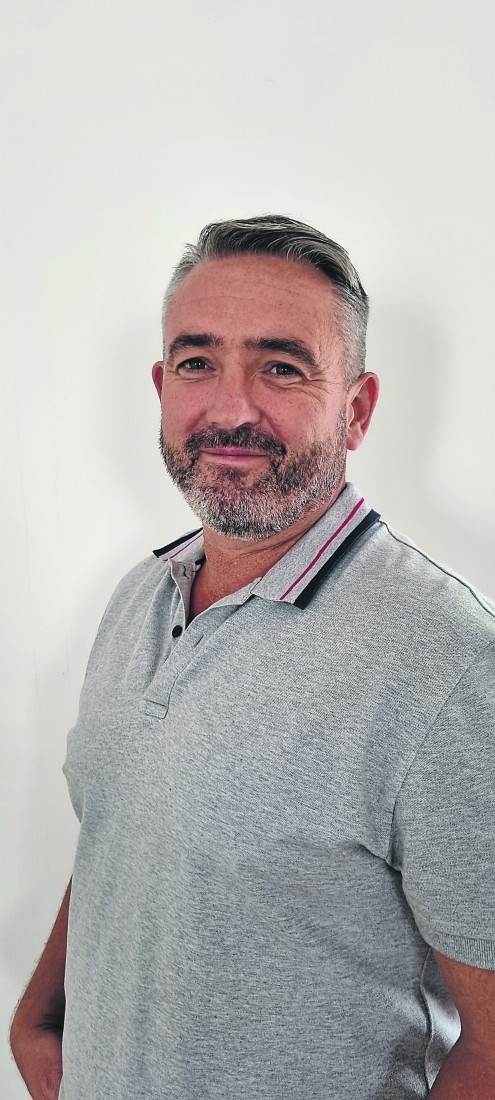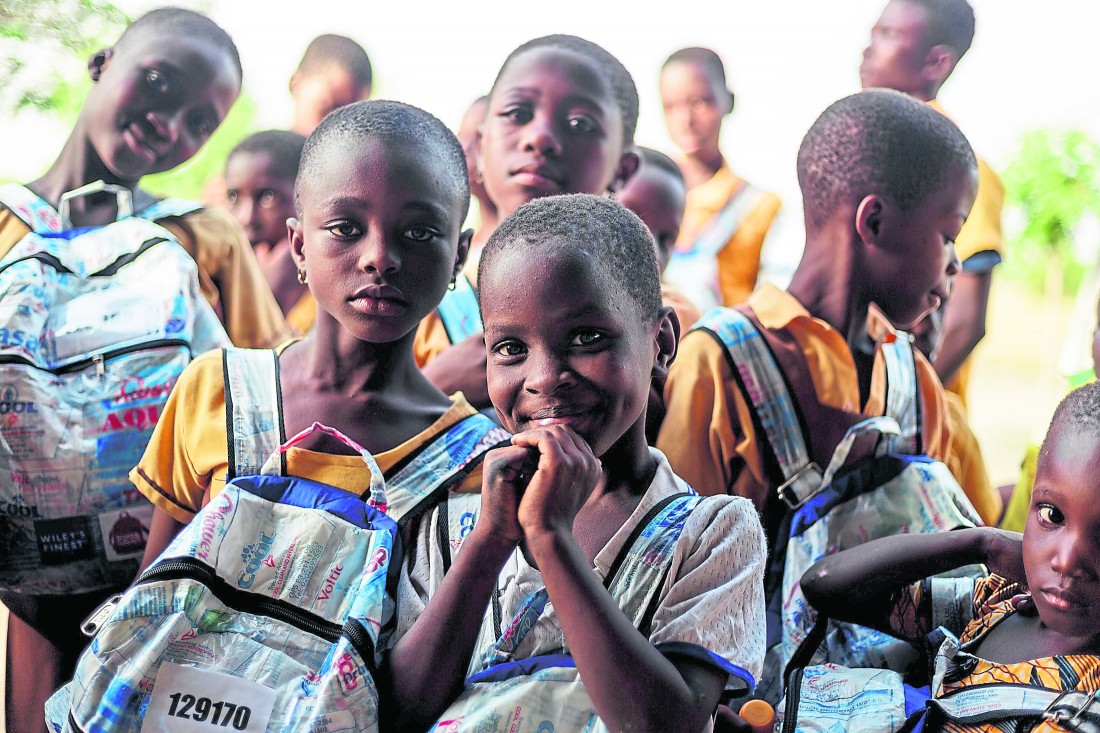A Donegal man is at the heart of the fight to eradicate water poverty in some of Africa’s poorest regions.
John Ryan is Projects Director with Aqua Africa, a company using technology and innovation to provide clean water and sanitation to millions of desperately poor people in Ghana.

Donegal man, John Ryan, who is helping to provide clean water and sanitation to millions in Ghana.
Aqua Africa’s mission is to provide sustainable access to water for ten million people through transformative thinking and a passion for change.
Its first project, a contract with the Government of Ghana, has a value of €30 million and will be fully delivered by mid to late 2023.
It will alleviate 280,000 people from daily water poverty and will form a blueprint for the company to deliver further projects right across Sub-Saharan Africa.
Greencastle man John Ryan’s job is to go out into the villages and townships and install the infrastructure that will pump clean water to communities across the continent.
Speaking during a visit home to Ireland this week, 48-year-old John said; “I worked as an apprentice with Chambers Refrigeration in Letterkenny before I moved over to working on wind farms. From there I got a job working on a dairy farm in Saudi Arabia.
“After that I moved into construction, working in oil and gas in Nigeria.”
The idea for Aqua Africa was born not in Ghana but in the English town of Battersea.
Having retrained in environmental science, former developer Philip Foster was keen to do something meaningful that could make a positive difference to people’s lives.
It was a conversation with Philip that drew John Ryan to the company.
“I go out to the villages and small towns and we install the projects. That is my side of it and we are in discussions with other countries about the same kind of business model.”
The first project, funded through a loan of almost €30 million from the UK, will see Aqua Africa use solar powered technology to pump water to community water sources, providing 20 litres each day for less than a penny a litre.
The fully automated systems will take out the often gruelling task of having to draw water from wells by hand.
“It’s all solar powered and automated so there is no physical work for the person getting the water,” said John.
It has become the first green accredited company in Africa to be supported by UK Export Finance.
Starting with one project, which is forecast to benefit 12 small towns and 150 rural communities across Ghana, Aqua Africa is hoping to replicate its system wherever it is needed.
According to the organisation WHOlives, 2.1 billion people globally still do not have access to clean, safe drinking water while 3.4 million people die each year from scarce and contaminated sources.
But that is changing John Ryan said.
“There are several non-governmental organisations (NGOs) out there so it is progressing on all fronts. For example Ghana Water is putting in systems, you have ourselves, you have the likes of Water Aid. It is getting there but the problem is that the further north you go in Ghana, the poorer it becomes.”
At the moment Aqua Africa is working in the Oti region, an area much drier than the rest of the southern areas of Ghana. The vegetation consists mostly of grassland and the daytime temperatures often get up to 40C.
“We are targeting places where there is no water at all. We do work closely with the Ghana government and they identify where they would like us to work.”
Working hand in hand with the government and with NGOs and charities is a major part of what Aqua Africa does.
“Information sharing seems to be key for everyone,” said John.
“The biggest part of the job at the minute is community engagement because we have to get permission from the locals to do this, you can’t just go and start working.”
Another project that the Inishowen man has become involved in and which works hand in glove with Aqua Africa is Trashy Bags.
In western Africa water sachets have become extremely popular with an average Ghanaian consuming two to three sachets every day with a limited recycling infrastructure.
Trashy Bags Africa identified a purpose for this waste material, creating climate-smart solutions by upcycling the reclaimed sachet bags into durable eco-friendly bags, helping to keep streets cleaner whilst reducing an impact on the environment.
Since its inception in 2007 the company has collected and upcycled approximately 20 million sachets with 200,000 plastic sachets being recovered and upcycled each month by over 30 full-time employees.
“The debris from the water sachets, we upcycle them into things like bags and pencil cases,” said John.
“Companies like Nestle and Coca Cola then buy our ‘School in a Bag’ which contains things like pencils, books, the full compliment of things you need for an education, and they get them to Africa.”
In May John brought Trashy Bags to Ireland, showcasing the project to children in Kinlough and in Derry. They were invited to design their own ‘Trashy Bag’ with the winning design physically created and presented to them.
John Ryan has been in Africa for 11 years and the company he works for is only getting bigger and busier. The Greencastle native said he is always threatening to come home but has yet to follow through on it.
Fulfilling
“I am enjoying it,” he said.
“I’ve seen some very sad things up there, kids walking for hours looking for water, so it’s fulfilling to know that you are making a difference.
We are in discussions with Botswana, Ivory Coast and two or three other countries that would have had projects installed ten or 15 years ago and which have stopped working.
“The units need refitted so we are looking to go and modernise them using solar panels. When that happens I can see me working from home more and travelling as needed.”










